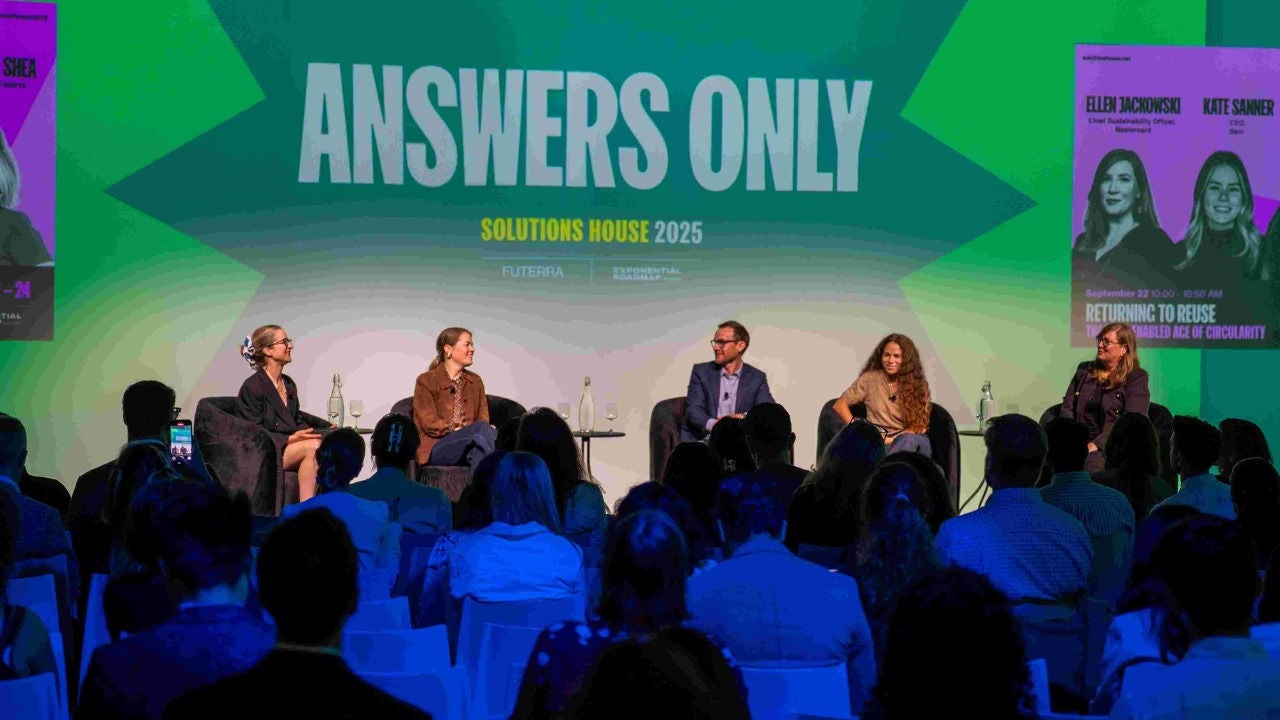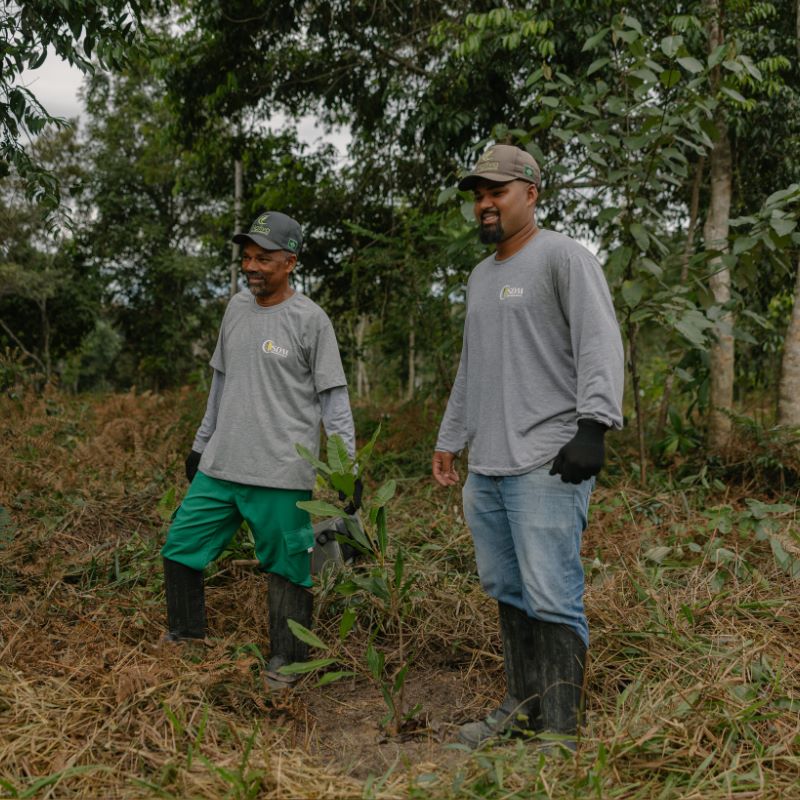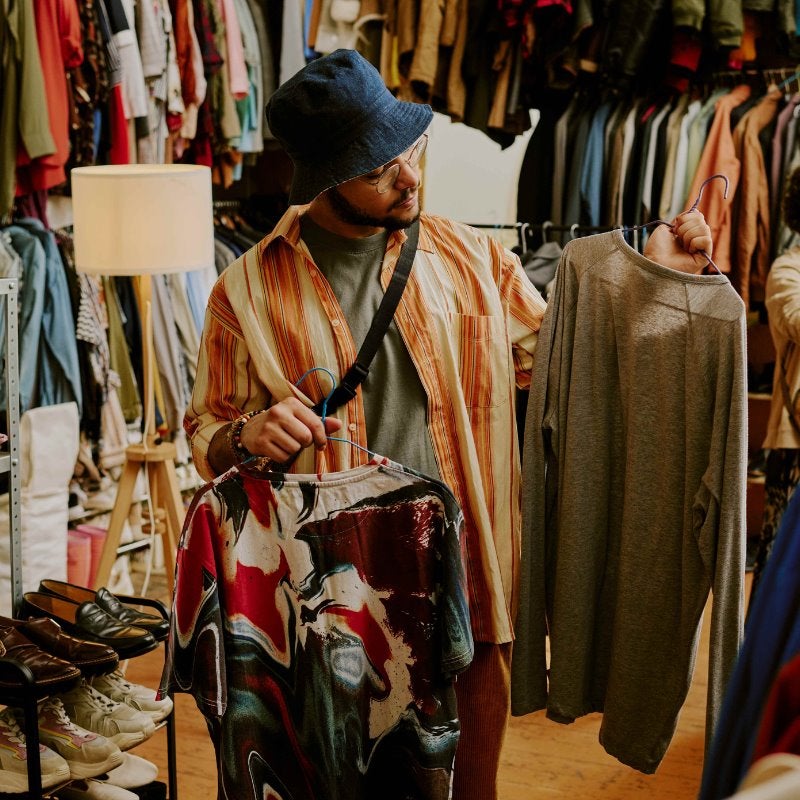Beni, for example, is a web browser extension that simplifies secondhand shopping by collating available options across different platforms. “I’m selling you style, I’m selling you affordability,” Sanner said. “Sustainability is the gift with the purchase.” Speaking about Lime, the shared bike and scooter company, Savage added, “Often it’s cheaper, faster and a heck of a lot more fun to ride a bike than take a car. There's nothing wrong with the sustainable option bringing more joy to your life as well.”
Another key to success is collaborations across sectors to help the circular economy scale. “It doesn’t work unless we partner,” Jackowski said. “Helping companies like Lime and Beni succeed helps them, helps us [Mastercard], helps consumers — and helps the planet.”
Mastercard aims to inspire, inform and enable businesses to make more environmentally conscious choices through its global network, which includes more than 150 million acceptance locations, thousands of banking partners and more than 3.4 billion cards in circulation
Mastercard Start Path recently welcomed a new group of startups into its emerging fintech program that are all uniquely dedicated to advancing circular commerce by pioneering technologies for sustainable consumption and lifecycle management of clothing and goods. They include Save Your Wardrobe, Pentatonic, Circulae, and Circulayo
Looking towards the future, Mastercard is focused on leveraging its own payment technology and data insights to help more businesses and individuals take advantage of the cost savings and growth opportunities that the circular economy presents.
The Solutions House panel set the tone for Climate Week by highlighting both urgency and optimism. The momentum behind circular commerce shows that innovation and collaboration can deliver meaningful progress towards a more resource-efficient, prosperous and rewarding economy. Panelists emphasized that the future of circularity lies in fostering community, deploying capital strategically, creating tangible value, and scaling solutions that reach more people.
As we look ahead, it’s clear that the next wave of climate solutions will be built not just on technology, but on shared responsibility — a collective commitment to sustain the future while making the choices easier, more enjoyable, and more impactful for everyone.



